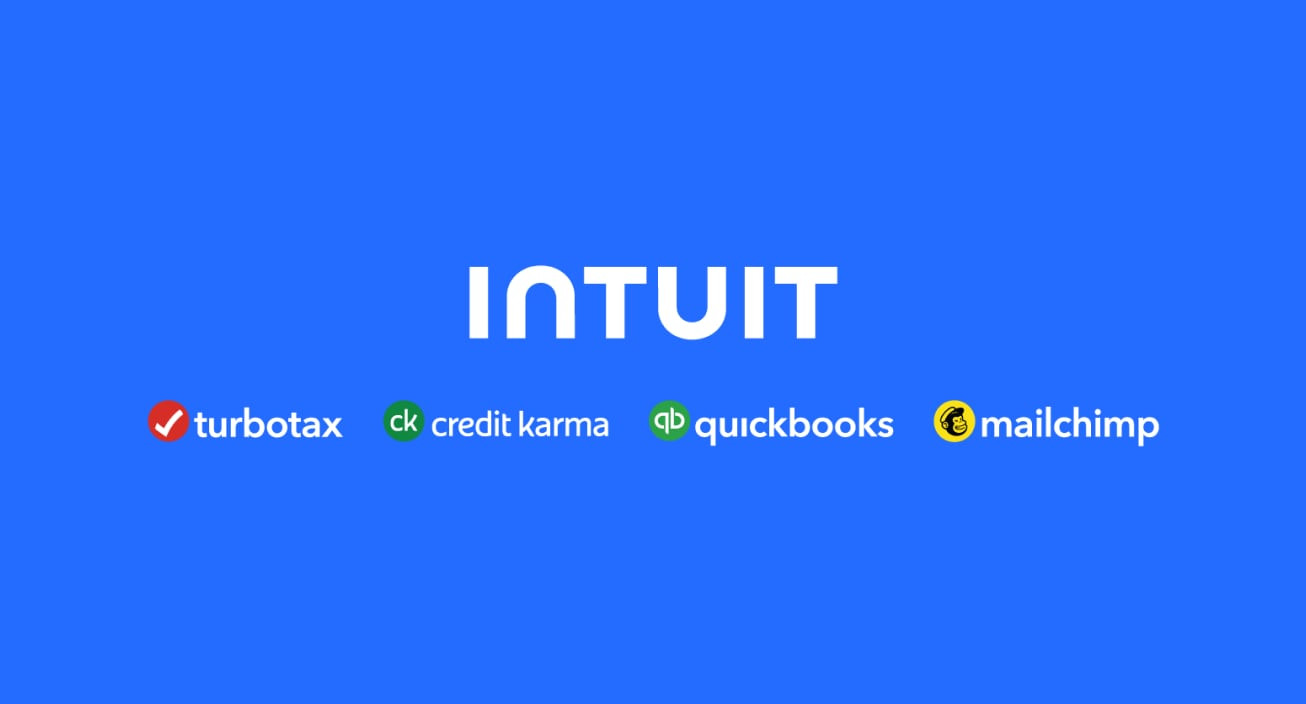Klarna's UK executive Alex Marsh has hit out at Barclays for publishing a report that he called “mind-boggling” and “irresponsible”. This research explores mounting buy-now-pay-later debt levels in the UK. Barclays joined forces with debt charity StepChange to warn that 876,000 Brits could fall into financial difficulty as a result of using BNPL.
But Klarna UK boss Alex Marsh has slammed the research from Barclays as an attempt to push its own “high-cost” instalment product.
“It is mind-boggling and frankly irresponsible in a cost of living crisis, that Barclays should use StepChange to endorse their high-cost installment credit product which charges 10.9% interest and to lobby against interest-free and manageable Buy Now Pay Later products,” Marsh said in a statement.
“The conclusions in this report from Barclays are hugely patronizing to UK retailers.”
The Rise of BNPL and the Regulatory Response
The increasing popularity of BNPL has brought about a wave of regulatory scrutiny. Earlier this week, the UK government outlined long-awaited plans to make BNPL providers carry out affordability checks and refrain from misleading advertising and promotions. These regulations aim to strike a balance between fostering innovation in the financial sector and protecting consumers from potential financial harm.
Banks Join the BNPL Game
The fact that traditional banks are now entering the BNPL space has led some to argue that it underscores the safety and legitimacy of these products. The Boss of New Zealand BNPL firm Laybuy told City A.M. that the move by banks signifies their acceptance of BNPL as a viable option for consumers.
“Only a few years ago many banks were criticising BNPL providers but perhaps the biggest endorsement of the industry is that the very same banks are now offering their own BNPL products,” he said. “Customers no longer have to turn to expensive credit or store cards where the APRs are in the double digits. BNPL is very much here to stay.”
Concerns Remain Despite Regulation
Despite the upcoming regulations, concerns remain about the potential for BNPL to contribute to debt problems, particularly amid the current cost of living crisis. Money Saving Expert founder Martin Lewis has stressed the need for protection, stating that they are “desperately needed” ahead of a looming “financially bleak winter”.
A Battle for Market Share?
The public spat between Klarna and Barclays highlights the competitive landscape within the financial sector. While BNPL companies like Klarna are seeking to expand their reach, traditional banks are also vying for a share of this burgeoning market. The debate over the potential risks and benefits of BNPL is likely to continue as the sector matures and regulations take shape.
The Future of BNPL
The ongoing debate over BNPL regulations and the competitive landscape suggest that the sector is still evolving. The ultimate impact of BNPL on consumer finances and the broader financial system will depend on how effectively regulations are implemented and enforced, as well as how consumers choose to use these products. Only time will tell whether BNPL becomes a mainstream, responsible financial tool or poses a significant risk to consumers’ financial well-being.


















